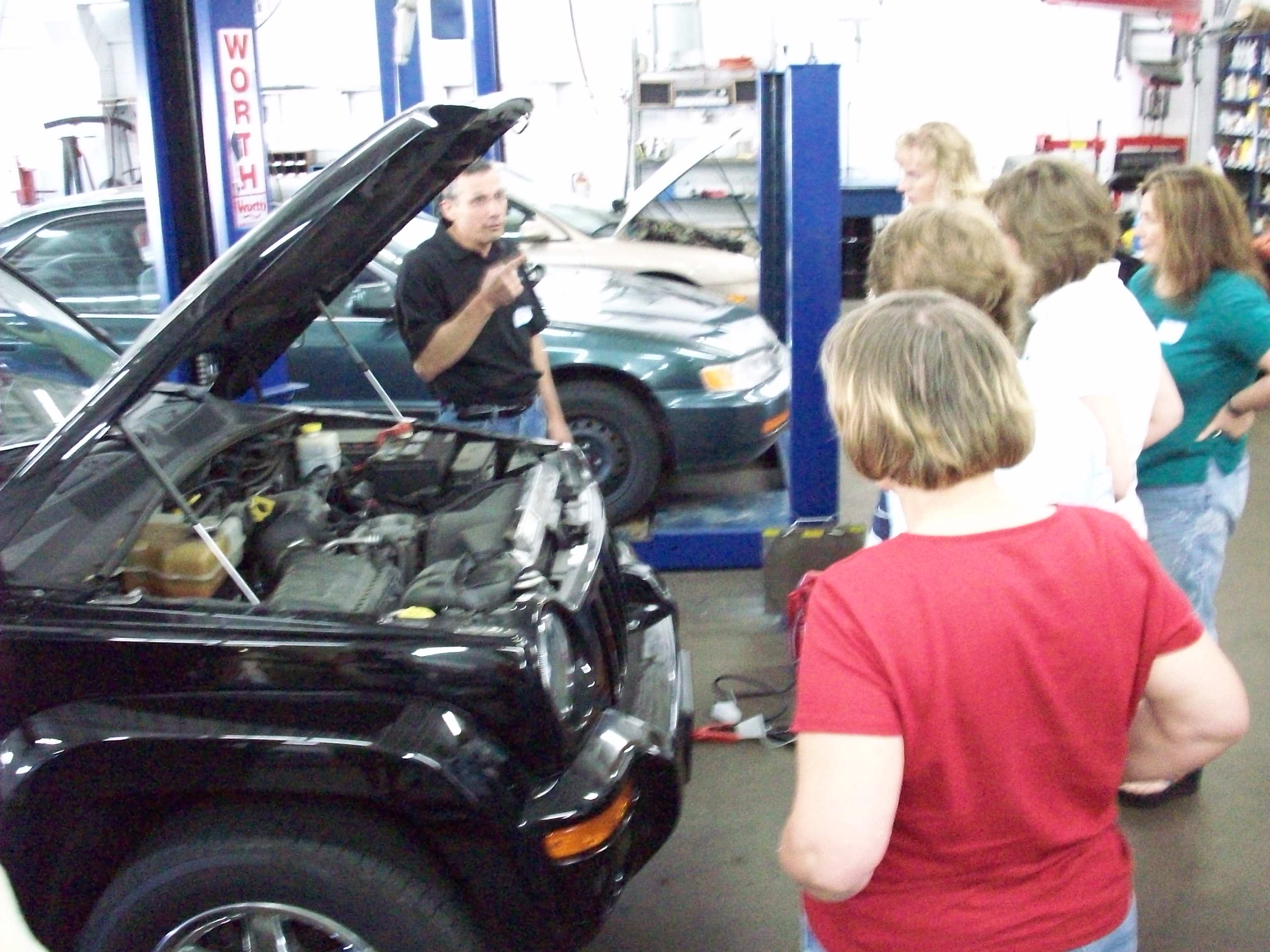Downsides of Skipping an Oil Change
Quite often, the simplest and most routine maintenance is what most slips our minds the easiest. Forgetting or skipping an oil change might not cause immediate and irreparable damage, but it can certainly shorten your engine’s lifespan and sometimes cause problems with only expensive solutions. You can save yourself a lot of money and trouble by getting your oil changed so that your engine always has fresh, clean oil to work with at Signal Garage – the premier destination for auto repair in St. Paul, MN!
But first: what’s the big deal with changing your oil, anyway?
What does oil do?
Almost everyone knows that motor oil is a lubricant, but that is not the only job it has. In addition to lubricating the moving parts of your engine, oil also has to cool and clean the engine. As oil ages, it becomes thinner and dirtier, filled with dirt and tiny metal shavings. As tiny as those shavings are, they cause a domino effect; they not only keep the oil from lubricating properly, they cause further engine wear, filling the oil with even more metal shavings. If this engine wear continues for too long, the damage can be costly. An oil change is a very cheap preventative to keep this from happening.
Eventual Damage
Without proper lubrication, the parts in your car’s engine will eventually start to get to hot. This means your engine will not run as efficiently and can cost you money in gas mileage. The real problems are not as obvious at first, though; the heat can make engine parts warp and eventually wear out. Eventually the entire engine will shut down if an oil change does not happen in a timely manner. Replacing an engine is, at minimum, several thousand dollars, sometimes more than the car itself is worth.
Oil Sludge
Oil sludge is another major problem that can occur, particularly in extreme weather. Every engine has hot spots that get hot enough to burn oil off, which creates sludge, but sometimes conditions occur that make it build up more quickly. For example, when it’s cold outside, if you are taking short trips where the engine does not heat up much, the normal condensation on the engine doesn’t evaporate, instead combining with the oil to create more sludge. This sludge can build up to create clogs, which can cause engine parts to fail very quickly. If you often deal with extreme weather or difficult driving conditions, you may need an oil change more often than most.
Leaks
Your engine is a labyrinth of tubes and filters and ducts and seals; it is only natural that there will, occasionally, be a minor failure somewhere in there and some oil will escape. You see oil stains all over the roads and parking lots, and likely in your own garage. Unless it’s a major leak, it is not likely to cause you any trouble, but over time those tiny leaks add up. If you skip your oil change, your oil levels will eventually decrease so much that there is not enough to effectively cool or lubricate your engine. It is best to avoid the many expensive complications this can cause with a bit of routine maintenance, namely a regular oil change.

